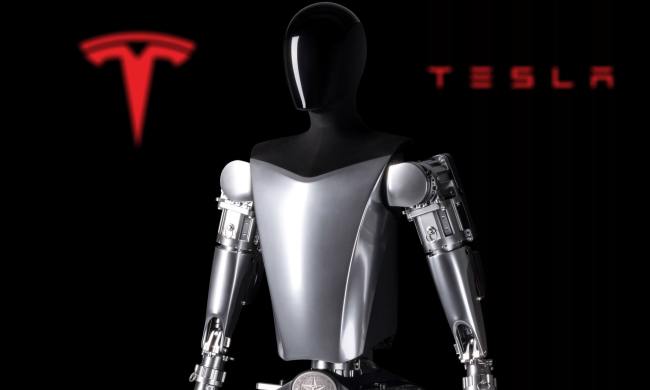Cops may be tasked with pulling over speeding supercars, but that doesn’t mean they don’t admire them. From the Dubai Police’s Bugatti Veyron to the LAPD’s Lamborghini Gallardo, there’s nothing cooler than a supercar in uniform.
The latest exotic police car is this Ariel Atom, which was built for the Somerset and Avon Constabulary (now there’s a name for a cop show) in England, according to Auto Express.
Known as the Atom PL, it’s based on the 3.5R production model and features a 2.0-liter, four-cylinder Honda engine tuned to produce 350 horsepower. That’s enough to get this unorthodox police cruiser from 0 to 60 mph in 2.6 seconds.
It’s hard to imagine a crook even attempting to flee after seeing this thing in the rearview mirror. As if the open-wheeled Atom didn’t attract enough attention on its own, Ariel found a rather creative way to mount a light bar. After all, every police car needs flashing lights.

However, this one won’t be pulling over speeders.
Somerset and Avon is actually the local police force in Ariel’s hometown of Crewkerne, and the two entities are collaborating on a motorcycle-safety program called Safer Rider.
Ariel, which plans to launch its own motorcycle later this year, provided the Atom to help publicize the campaign. The car’s track-focused design will help emphasize that roads aren’t the proper place for high-speed driving.
That’s probably the best possible use of an Ariel Atom police car. It’s not like it has a back seat for restraining perps.
(Images courtesy of Auto Express)


